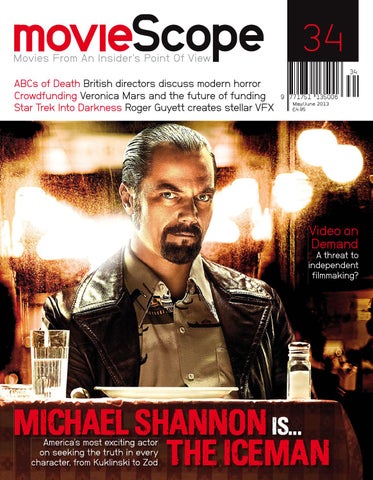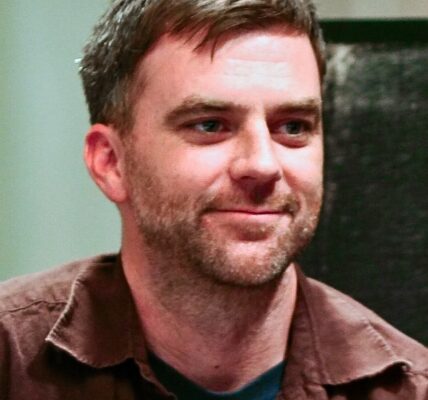As a writers’ agent, I am used to the old jokes about how the poor writer is at the bottom of the food chain, pecking order, totem pole and so on. Like the one about the actress being so dumb that she tried to advance her career by sleeping with a writer.
Sadly, it is true that writers are not accorded their rightful place by many in the industry, who claim great respect for the idea of the script while actually showing little for the writer. It is also true that the actress was probably tired of macho, self-centred producers, and wanted to sleep with someone who could actually hold a conversation. Did you see the bumper sticker about divers? They do it deeper. Gardeners do it in beds. Well, the one about producers said that they do it prematurely.
How often is a film ruined, not because the script was bad, but because the producer chose to go into production before the screenplay was ready? And how often do actors—probably correctly—see that the script has weaknesses, but the writer is not brought in to understand the comments and do a considered rewrite? Instead, the rewrite is often a rush job by the director producer, or a distant relative of one of them.
Actors sometimes have insights that writers can learn from.
Actors sometimes have amazing insights that writers can learn from, and producers should work harder to bring about meetings between the creator of the characters and the people living as those characters. I was really impressed by Russian actor Konstantin Stanislavski’s books, and think they should be encouraged reading for writers. What actors do with body language is so important, perhaps even more so than what they do with dialogue, but when do writers get taught to write scripts without it? The first course I ever did was with the legendary Frank Daniel, and the exercise we had to do every night for 10 nights was to write scenes without dialogue. While writing this piece I looked back at the reams of notes I took during this course, extracts of which can be found at www.twelvepoint.com.
The coming together of actors and writers during a project is something I wish producers would bring about more often. A good piece of casting is more likely to green-light a project than a good script with no casting; film financiers, distributors and broadcasters are in thrall to it. For example, would the Wallander TV series have happened if not for star Kenneth Branagh? Very unlikely. The simple fact is that producers tend to value casting above all else. If a script doesn’t hit the mark right away they often either fire the writer, who is actually capable of getting the script right, or drop the project entirely. Once casting is attached and the green light is closer, producers just don’t want to hear that the script is not ready. We need to solve that problem before our film industry can really take off.











